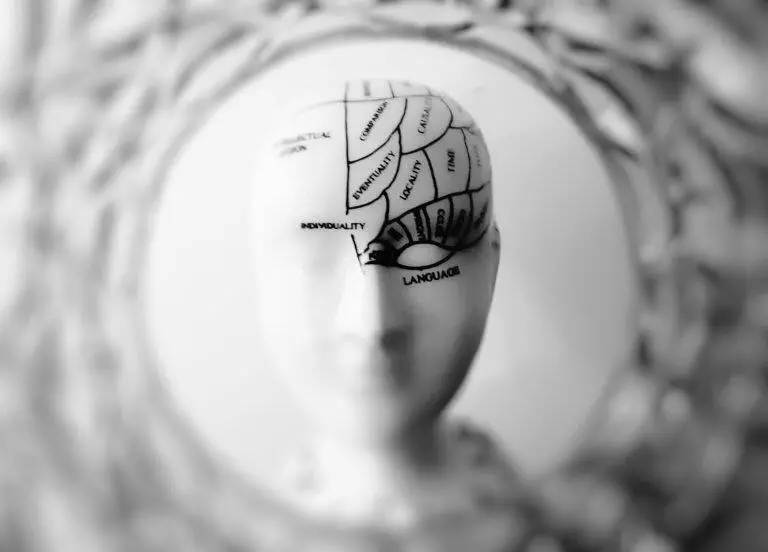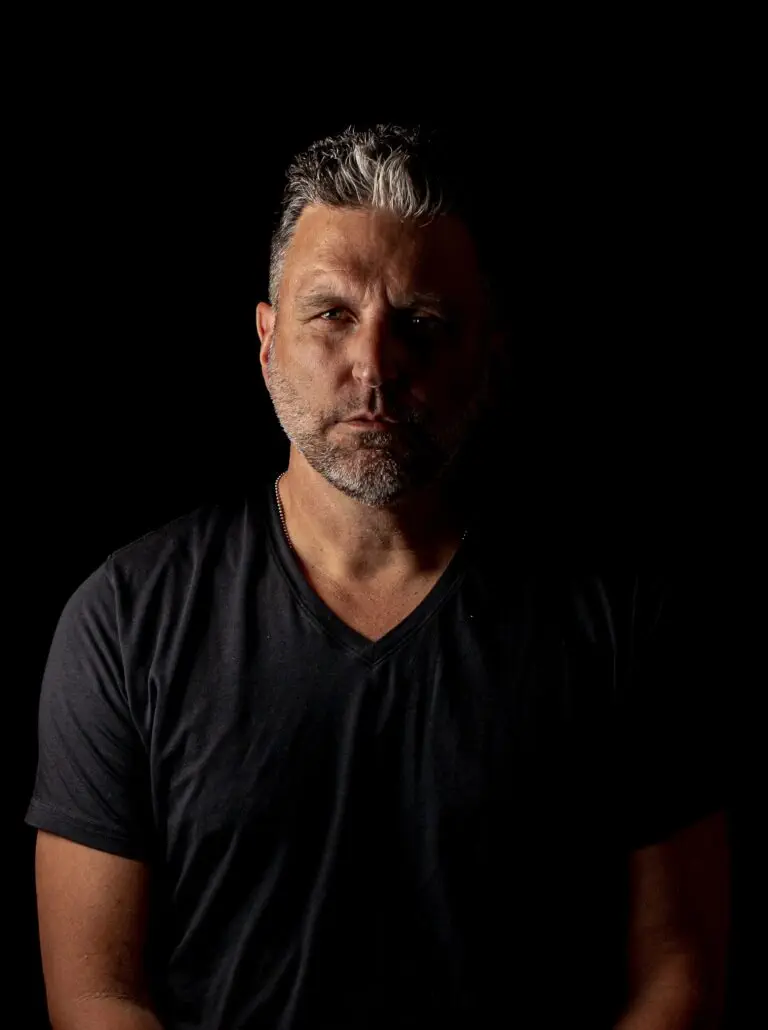“Mental pain is less dramatic than physical pain, but it is more common and also more hard to bear. The frequent attempt to conceal mental pain increases the burden: it is easier to say “My tooth is aching” than to say ‘My heart is broken.’”
― C.S. Lewis
Treatment Discover Your Inner Strength in ParadiseAt Maui Recovery, we understand the profound impact that depression can have on your health and well-being. We offer luxury treatment for depressive disorders in a serene setting. These prevalent mental health conditions, which significantly impact a large segment of the U.S. population, often go hand in hand with substance abuse disorder. Those with a lifetime of major depression have a 16.5% alcohol use disorder, and 18% have a substance abuse disorder.
These sobering statistics underscore the considerable impact of depression across various demographics in the United States, highlighting the need for accessible and comprehensive mental health care and support services.
Rather than merely treating the symptoms, our holistic approach dives deep into the root causes of these conditions. We heal the mind, body and soul by offering a unique blend of traditional therapeutic methods combined with experiential therapies.Deeply influenced by the rich cultural heritage of Hawaii, our dedicated clinicians expertly use this integrative approach to bring our clients resilience, balance, and a renewed sense of purpose in their path to recovery.
Symptoms of Depression
Symptoms of depression include persistent feelings of sadness, emptiness, or hopelessness, coupled with a loss of interest or pleasure in hobbies and activities. Changes in appetite leading to weight loss or gain unrelated to dieting, along with disturbances in sleep patterns—either trouble sleeping or sleeping excessively—are common. Additionally, individuals may experience a loss of energy or increased fatigue, accompanied by feelings of worthlessness or excessive guilt.
Cognitive symptoms may manifest as difficulty thinking, concentrating, or making decisions, often accompanied by slowed speech and movement. Restlessness or difficulty sitting still may also occur. Individuals with depression may have frequent thoughts of death, suicidal ideation, or even make suicide attempts. Furthermore, physical symptoms such as unexplained back pain or headaches can also be present. It’s crucial to acknowledge that with the right treatment and support, depression can be effectively managed, offering a path to recovery and a renewed sense of purpose and enjoyment in life.
Overcoming Depression
Navigating major depressive disorder in the United States poses a significant challenge, impacting millions of adults annually. Coping with depression introduces a layer of complexity that can exacerbate its effects. Acknowledging this reality, our compassionate team is committed to prioritizing the emotional and mental well-being of each client.
At Maui Recovery, we address depression by intertwining the therapeutic essence of the island with our innovative depression treatment approaches. We recognize the journey of recovery and perceive mental health hurdles as catalysts for deep personal evolution and empowerment.
A Unique Approach to Depression Therapy
Our therapies, alongside Maui’s natural beauty, provide a perfect environment for healing and self-discovery. Here are some of the key elements of our Hawaii depression treatment services:
Surf Therapy
At Maui Recovery, we harness the therapeutic power of the ocean. Our Surf Therapy program offers both physical rejuvenation and mental clarity. Surfing the world-famous Maui waves provides a unique and empowering experience, facilitating a deep connection with nature and self.
Nature Immersion and Adventure Therapy
Maui’s lush, tropical landscapes form the perfect backdrop for our Nature Immersion and Adventure Therapy. These programs encourage deep connections with the environment through hiking, biking, guided nature walks and meditation.
Equine Therapy
This unique form of therapy fosters trust, empathy, and self-awareness—essential components of the recovery process. The profound impact of Equine Therapy, where interactions with horses aid in overcoming emotional and psychological barriers, is a one-of-a-kind experience.
The Hero’s Journey
Inspired by Joseph Campbell’s concept, our Hero’s Journey program is a symbolic path to personal transformation. This narrative framework, which guides you through self-discovery and overcoming personal struggles, is tailored to each individual’s journey.
Maui Recovery’s Hawaiian Depression Treatment Program
In addition to our unique therapies, our treatment approach, deeply rooted in Hawaiian cultural principles, holds significant promise in the realm of depression treatment. The incorporation of Hawaiian traditions into therapy can offer a holistic and culturally sensitive approach that resonates deeply with individuals experiencing depression.
- Hawaiian cultural principles emphasize interconnectedness with nature, community, and spirituality. This holistic perspective can help individuals struggling with depression to reconnect with their surroundings and find meaning and purpose in their lives. Engaging with nature through practices like hula dancing, lei-making, or simply spending time outdoors can provide therapeutic benefits by promoting mindfulness, reducing stress, and fostering a sense of belonging.
- Hawaiian cultural practices often emphasize the importance of community and Ohana (family). Building supportive relationships and fostering a sense of belonging can be instrumental in depression treatment, as social support has been shown to improve mental health outcomes. Participating in cultural activities and ceremonies with others can create a sense of camaraderie and shared experience, reducing feelings of isolation and loneliness often associated with depression.
- Hawaiian cultural traditions offer rich sources of wisdom and resilience that can inspire hope and empowerment in individuals facing depression. Learning about the stories of ancient Hawaiian navigators who overcame adversity through perseverance and resourcefulness or engaging in traditional practices like Hoʻoponopono (a Hawaiian method of reconciliation and forgiveness) can provide valuable insights and coping mechanisms for navigating the challenges of depression.
Additionally, the emphasis on spirituality and connection to the divine in Hawaiian culture can offer solace and comfort to individuals grappling with existential questions and inner turmoil. Practices such as meditation, chanting, or connecting with ancestral spirits (ʻaumakua) can provide a sense of transcendence and inner peace, complementing traditional therapeutic approaches like cognitive-behavioral therapy or medication.
By integrating Hawaiian cultural principles into depression treatment, individuals can access a diverse range of therapeutic tools and perspectives that honor their unique cultural backgrounds and personal experiences. This culturally responsive approach not only enhances the effectiveness of therapy but also promotes a deeper sense of identity, connection, and resilience on the path to recovery.
Learn More About Our Depression Treatment Center in Hawaii
The Maui Recovery team of experts is committed to understanding and treating the complexities of depression. We address every aspect of our clients’ well-being, fostering resilience, balance, and a renewed sense of purpose.Begin your journey today. At Maui Recovery, we’re here to guide you on the path toward overcoming your struggles—every step of the way. You are more precious to this world than you’ll ever know. Contact us today to begin your depression treatment journey to a happier, healthier life.
FAQs
What is Depression?
Depression is a multifaceted medical condition that deeply impacts one’s emotions, thoughts, and behaviors. Marked by persistent feelings of sadness and a significant loss of interest in once-enjoyable activities, depression affects a considerable portion of the population. Statistics from 2021 reveal that around 21 million adults in the United States alone—equivalent to 8.3% of the adult population—have encountered at least one major depressive episode.
Notably, the prevalence of depression is higher among adult females, affecting 10.3%, compared to males at 6.2%. Beyond its emotional toll, depression often manifests in physical symptoms, complicating daily tasks and responsibilities to overwhelming extents. Of particular concern, young adults aged 18-25 face the highest burden, with 18.6% experiencing major depressive episodes.
What is Depression?
Therapy can be instrumental in treating depression by providing individuals with a safe space to explore and understand their emotions, thoughts, and behaviors. Here’s how therapy can help:
Identifying underlying issues: Therapy helps individuals identify the root causes of their depression, which can include past traumas, negative thought patterns, or unresolved emotions.
Developing coping strategies: Therapists work with individuals to develop healthy coping mechanisms to manage symptoms of depression. These strategies may include relaxation techniques, mindfulness practices, or problem-solving skills.
Changing negative thought patterns: Cognitive-behavioral therapy (CBT) is particularly effective in helping individuals recognize and challenge negative thought patterns that contribute to depression. By reframing these thoughts, individuals can develop a more positive outlook on life.
Building support networks: Therapy provides individuals with the opportunity to build supportive relationships with their therapists and peers in group therapy sessions. These connections can help combat feelings of isolation and loneliness often associated with depression.
Encouraging self-care: Therapists emphasize the importance of self-care activities such as exercise, proper nutrition, and adequate sleep, which can significantly improve mood and overall well-being.
Monitoring progress: Therapy offers a structured framework for individuals to track their progress over time and make adjustments to their treatment plan as needed. This ongoing support can prevent relapse and promote long-term recovery.
What Therapy is Best For Depression?
Several therapeutic approaches have been shown to be effective in treating depression. The most suitable therapy for an individual depends on factors such as personal preferences, the severity of symptoms, and past treatment experiences. Here are some of the most commonly used therapies for depression:
Cognitive-Behavioral Therapy (CBT): CBT focuses on identifying and changing negative thought patterns and behaviors that contribute to depression. It teaches individuals coping skills and strategies to manage symptoms effectively.
Interpersonal Therapy (IPT): IPT focuses on improving interpersonal relationships and communication skills. It helps individuals address conflicts and unresolved issues in their relationships, which may be contributing to their depression.
Psychodynamic Therapy: Psychodynamic therapy explores how past experiences and unconscious conflicts influence current thoughts and behaviors. By gaining insight into these underlying dynamics, individuals can make meaningful changes and alleviate symptoms of depression.
Mindfulness-Based Therapies: Mindfulness-based therapies, such as mindfulness-based cognitive therapy (MBCT) and mindfulness-based stress reduction (MBSR), incorporate mindfulness practices to help individuals develop greater awareness and acceptance of their thoughts and emotions. These approaches can reduce rumination and prevent relapse in depression.
Supportive Therapy: Supportive therapy provides individuals with empathy, validation, and encouragement as they navigate their depressive symptoms. While it may not target underlying issues as directly as other therapies, it can still offer significant emotional support and validation.
Ultimately, the best therapy for depression is one that aligns with an individual’s needs, preferences, and goals for treatment. It’s essential to work with a qualified therapist who can tailor the approach to suit each individual’s unique circumstances.



















